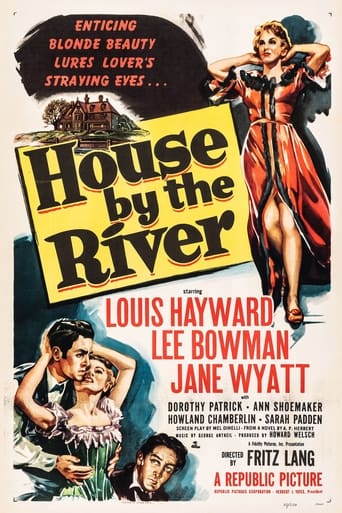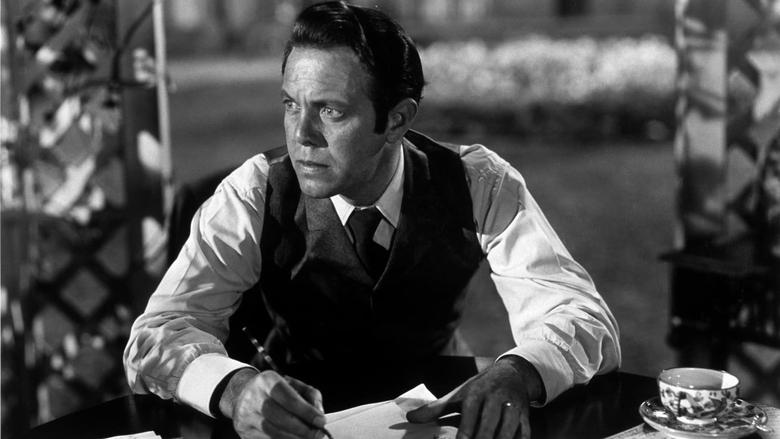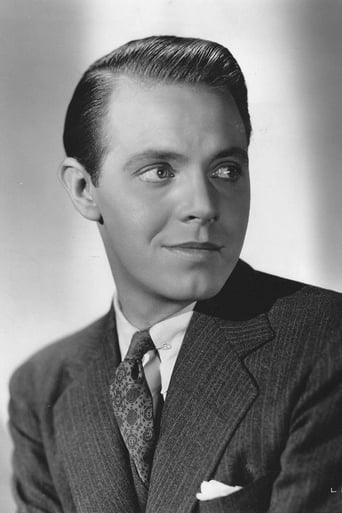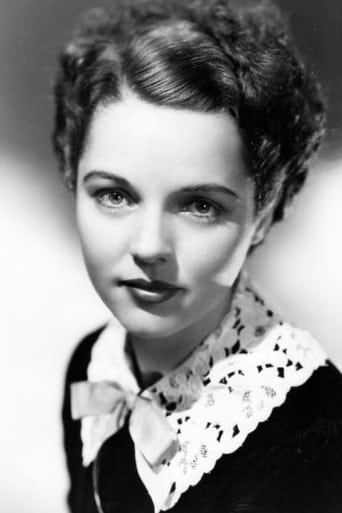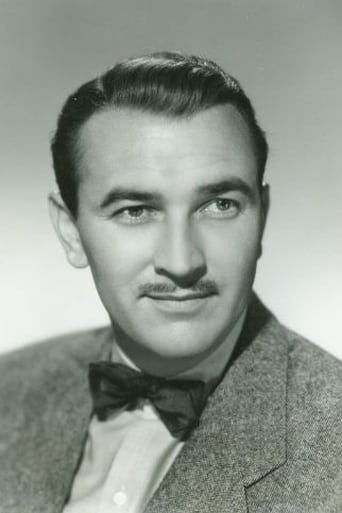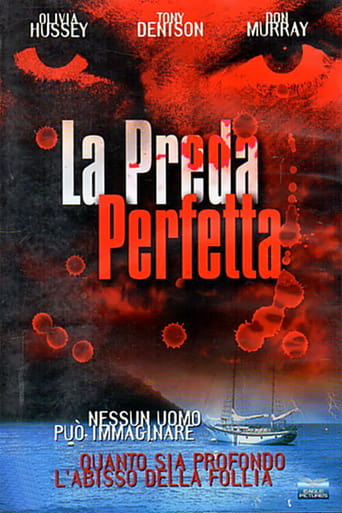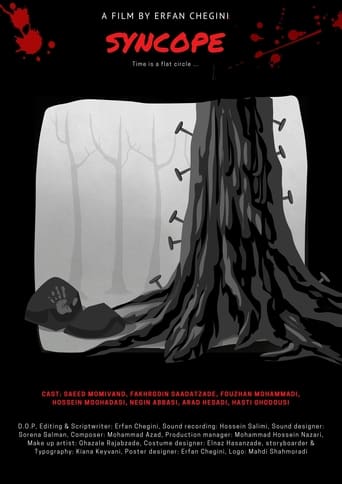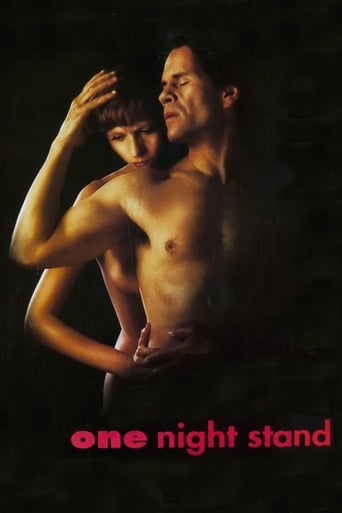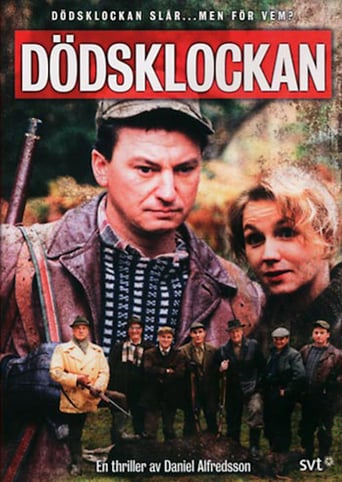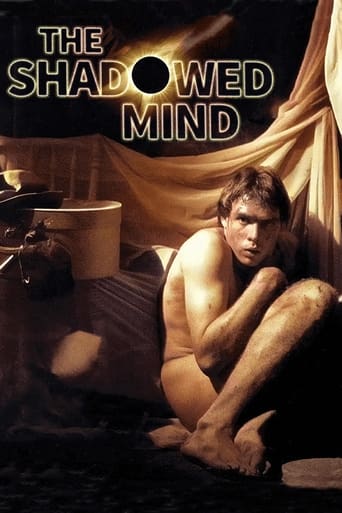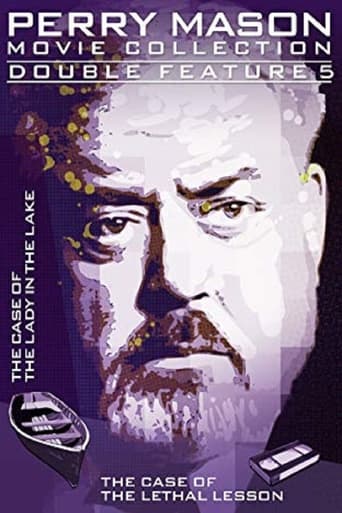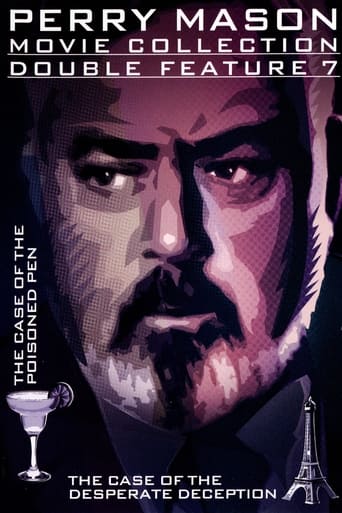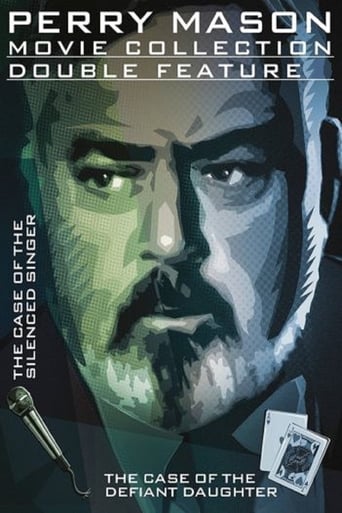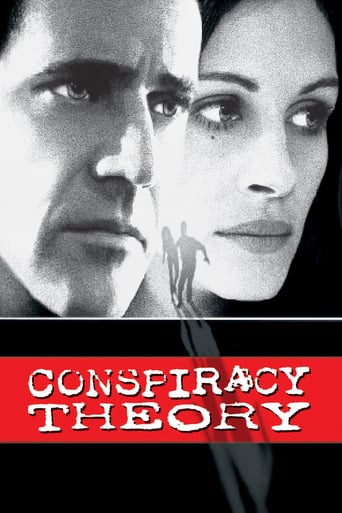House by the River (1950)
Wealthy writer Stephen Byrne tries to seduce the family maid, but when she resists, he kills her. Long jealous of his brother John, Stephen does his best to pin the blame for the murder on his sibling. Also affected by Stephen's arrogant dementia is his long-suffering wife Marjorie.
Watch Trailer
Free Trial Channels
Cast


Similar titles
Reviews
Really Surprised!
hyped garbage
I was totally surprised at how great this film.You could feel your paranoia rise as the film went on and as you gradually learned the details of the real situation.
I am only giving this movie a 1 for the great cast, though I can't imagine what any of them were thinking. This movie was horrible
Not uncommonly in Film-Noir you had the villain as the 'lead'. The Third Man notwithstanding, they were out there, and some more sympathetic than others (one that jumps to mind right away is a character who becomes a villain over the course of the story, Fritz Lang's own Scarlet Street). What's notable about his low-budget film House by the River is how nasty the main character is, and how much he loves being it. Even before plot point numero-uno where writer Stephen Byrne (Louis Hayward) "accidentally" strangles his maid after trying to force a big fat kiss on to her and gets his limping, weak-but-not-stupid brother to help him dump the body in the river, he looks creepy. He gazes out his window like a bourgeois monster. If you'd told me Luis Bunuel had directed these opening scenes I'd believe you. He's so much a jerk at the start, and whatever sympathy we might feel at first for being an "accident" (must use quotes) goes away pretty fast. He makes Jack Torrance look peachy-keen by comparison.There is a story that does unfold in some melodramatic fashion - mostly involving the guilt Stephen's brother John (Lee Bowman, perhaps by default more subtle with some of his acting save for a courtroom scene where he always clenches his fists) - but it's more about mood I think for Lang here. He didn't have much money to play with, and it shows in some moments, not to mention limited sets and a cast that has no one, frankly, I could recognize. If anything I had to think that he cast Hayward as Orson Welles was unavailable (he seriously resembles him if not totally in appearance than in facial mannerisms and speech, that or the grown-up version of Vincent Kartheiser on Mad Men). Hayward is Lang's wild-card here; if a scene isn't quite picking up steam or the dialog is a little average, Hayward will puck up and just eat the scene around the actors.You ever heard of the healing power of writing about your own crimes? How much you dig that depends on how much you dig scene chewing. Considering how much we are certainly NOT meant to identify with this character, that he's a murderer who keeps trying to get away with crap (not to mention WRITING ABOUT IT in a new book where he feels "free finally) and getting a look on his face like "Hmmm, oh, yeah, that's... cool" after Stephen realizes the burlap sack holding the ex-maid has his brother's initials all over it. I dug it, and I kept looking forward to the next moment when he would get a little wackier and more deranged. To be sure this did lead to a hilariously warped ending - a factor from the Hayes Code days perhaps, though it does allow for a fun little "surprise" gag involving another character. But it's all in creating good tension and suspense, which, while not ever "great", is decent for such a story where circumstance and trust issues are a big thing, how the wife loses trust, grows closer to John Byrne, the brother becomes an outcast, etc.What does save it from being just a pot-boiler in Victorian-era garb, or it being a bizarre tale of the breaking of writer's block (or lifts it up as that), is Lang as director. He just has a way about framing faces and places, getting the most buck from the darkness that surrounds these people. It goes a way to explain how at times characters, like Stephen's wife Marjorie, comments upon the darkness all around. This is in the era before most lights were electrical, which allows for a lot of scenes of characters hiding in the shadows of rooms without the aid of a lamp, peering around the side as a person comes knocking at a door or goes walking down a hallway.If Lang does anything to try to get the audience to understand (as opposed to identify) with Stephen, and successfully, it's that, the paranoia, the growing delirium of this dead body creating horror all around. It's not supposed to be a horror movie, but it's hard not to shake it, especially when Stephen has to go by boat at night to try and find that burlap sack. By the way Lang frames and edits Stephen in his little boat, it's a wonder the river doesn't eat him up and burp up a soiled dickey. This is a case where a script isn't ever "bad", but the direction certainly elevates it from what it could have been, which was forgettable. It's hard to forget some of these images, almost despite the predictable melodrama.
Author Stephen Byrne surprises his maid Emily as she comes from the bath.He tries to do a dishonorable deed to her, but he ends up killing her.His limping brother John arrives just after the deed is done, and he ends up helping Stephen in hiding the body.They dump the body in a nearby river.Soon Stephen's wife Marjorie comes back and realizes something is wrong with her husband.House by the River (1950) is directed by the Austrian-American great Fritz Lang.It's based on A.P. Herbert's 1921 novel.There's a great line of actors there.Louis Hayward plays Stephen Byrne.Jane Wyatt is his wife Marjorie.Lee Bowman plays John Byrne.The role of Emily Gaunt is played by Dorothy Patrick.Ann Shoemaker is Mrs. Ambrose.Jody Gilbert is Flora Bantam.Kathleen Freeman is seen as Effie Ferguson- Party Guest.Also Our Gang's Carl 'Alfalfa' Switzer is seen there playing Walter Herbert.I watched this movie on Sunday two days ago with my mother, and we both liked it.The movie doesn't lack of great scenes.Like the killing scene is really memorable.And the ending is very impressive.And I really liked the way Marjorie sympathized with the better brother.
***SPOILERS*** It's when frustrated writer Stephen Byrne, Louis Heyward, got himself a bit giddy and started to make a play from his housemaid Emily Gaunt, Dorothy Patrick, that things started to really get out of hand in the Byrne household. Refusing to take no for an answer Stephen overpowered Emily and in a fit of paranoia in him being caught by his both gabby and nosy-body next door neighbor Mrs. Ambrose, Ann Shoemaker, in the act ended up accidentally strangling Emily to keep her from crying out for help!It was just Stephen's luck that his lame, in body not in mind, brother John, Lee Bowman, showed up and at first refusing to agree with the terrified,in being arrested for Emily's death, Stephen's plan to dispose of the body reluctantly goes alone with it that in fact implicated him as well in her death as well as it does Stephen. Deep sixing Emily body stuffed in a wood-sack at the bottom of the nearby river Stephen is now free to go back to work and write his great novel that the death of Emily's inspires him to do.It's when Emily suddenly resurfaces that things start to go bad for the conscientious John who feels that he's in a way responsible for covering up her death as well as him being the #1 suspect in Emily's murder! The wood-sack that Emily's body was found in had John's name written on it which his conniving brother Stephen made sure of. That takes the heat off Stephen and puts it square on his totally innocent and a bit gullible brother John. Stephen in fact even uses Emily's tragic death to promote his latest murder novel to the both shock and disgust of his brother John as well as his wife Marjorie, Jane Wyatt.With a court of inquiry clearing Stephen of any involvement in Emily's death it's now the innocent John who's under the spotlight and that drives the poor man almost to the brink of suicide! It's when Stephen starts to overplay his hand by both accusing John of having an affair with his wife Marjorie as well as trying to drive him to off or kill himself in order to prove to the police that he in fact killed Emily that John finally turned the tables on his back-stabbing brother.***SPOILERS*** It was Stephen's attempt to murder John and make it look like suicide that in the end backfired on him. John coming back from the dead, or the bottom of the river, got his by now crazed brother Stephen, in thinking that he's seeing a ghost, to finally lose it! Running for his life down the stairs of his Victorian mansion Stephen runs smack into what looked ,in his deranged mind, Emily's ghost and ends up getting all that he's got coming to him; At the end of a rope of wall curtain! P.S Watch for former "Little Rascal" Carl Alfalfa Switzer in the film in a bit part as the office boy.
Lang is the first director I ever fell in love with, probably 20 years ago. I've been slowly (very slowly) going through his whole filmography and I don't have too many left. This is #23 and though it's not one of the better ones, it still offers plenty of Lang's typically despairing pleasures. Edward Cronjager's awesome heavily shadowed b&w photography lets us know immediately that we're in noir territory (though the turn-of-the century coastal setting isn't typical) as failing writer Stephen Byrne (Louis Hayward) has a little "accident" involving his new maid and must spend the rest of the movie covering up and trying to shift the blame for her disappearance on much stabler and saner brother John (Lee Bowman). The suspense builds steadily, with a fine courtroom scene that's nicely underplayed, and for a while I though this might end up being one of Lang's greats, but the finish is disappointingly heavy-handed and obvious, though the laugh that escaped me almost made it worth it. Jane Wyatt is beautiful as always but doesn't have enough to do; Hayward is the real star here though, progressing realistically from merely a self-absorbed heel to a real psychopath. The sets are nicely done and while the film may not feel wholly at place in Southern Gothic territory, at least it doesn't seem like Los Angeles either. Great music by George Antheil. Pretty decent Kino DVD transfer.

